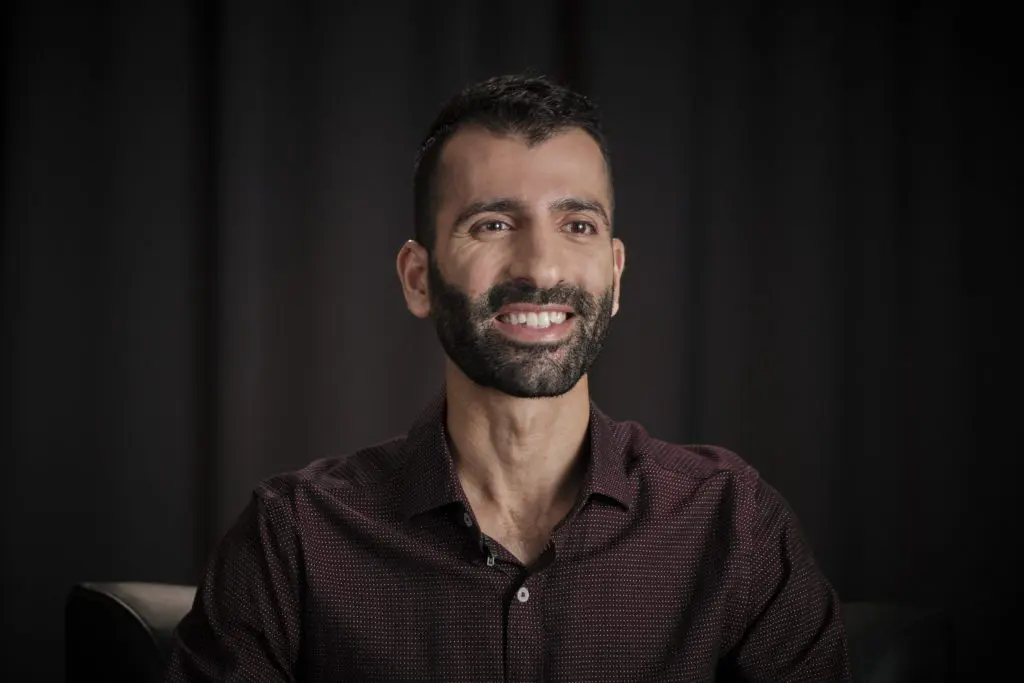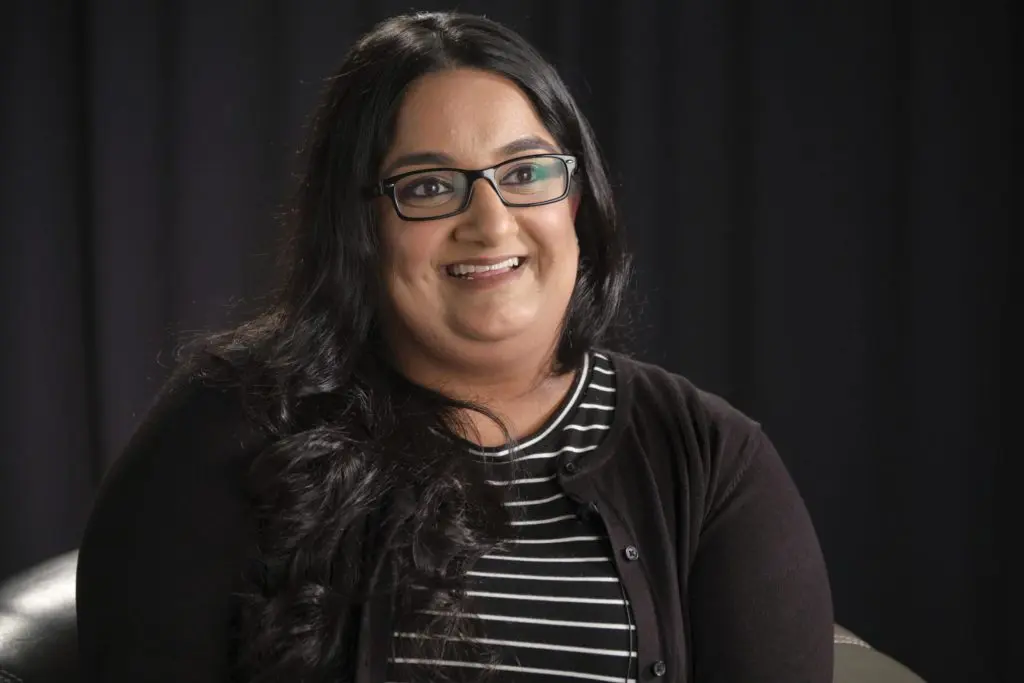One of our most significant courses this semester has been the Introduction to Aboriginal Peoples in Canada Course. There is a lot of emotion when it comes to discussing our aboriginal peoples, and many strong opinions on each end of the spectrum. It was made clear to us in the beginning that this course was never meant to change opinions and ideas, but rather to inform and give us a chance to critically think and learn from a different perspective. Aboriginal history, culture, and traditions are as unique as the individuals they represent, and are a proud part of Canada’s past, and our involvement in this course this semester was particularly significant considering the final report on the Residential School inquest was released during our semester as well.
One of the significant skills of a psychiatric nurse is to be culturally aware and non-judgemental throughout the course of a therapeutic relationship. In order to do this, we need to have an understanding of where someone may be coming from or what has brought them to the point that they are now in front of us. Aboriginal studies has opened my mind to a perspective I never had explored. For example, unemployment can be as high as 50 percent or more on some aboriginal reserves, policies up until the late 20th century made it abhorrently difficult for aboriginals to obtain an education, become a professional such as a doctor or lawyer, or even marry outside an aboriginal family without losing their status. This created multiple generations where education among the population was very low, and therefore employable skills within a community were almost non-existent.
Another example is the youth suicide rate among aboriginal youth being significantly higher the national average, for the Inuit population, that statistic sits at 11times the national average, and at one of the highest rates of suicide in the world. In psychiatric nursing, it would be important to understand the root of the depression and feelings of hopelessness in order to provide adequate and proper help and foster trusting relationships with our clients, such as the high unemployment rate, high rates of domestic violence, and post-traumatic stress from the Residential School scandal, the last of which were still operational up to the mid 90’s. With a better understanding of the issues that plague aboriginal communities, I am more prepared to work with the aboriginal population as well as the significant understanding of always exploring all sides to stories when we come across new clients.
We are just preparing to wrap up our second semester. My clinical group has completed our clinical practice, we are now finishing up administratively and preparing for final exams and submitting final assignments. This has been a hectic semester, and I am looking forward to our reading break before semester 3. With another semester coming with a 5-course load, plus our acute psychiatry clinical, it will be important to continue to maintain my level of motivation and self-discipline to complete my coursework according to the schedule I have laid out that has kept me successful to-date. Some weeks can be difficult with the various assignments due and quizzes, but with positive support from classmates and continued hard work, we will get through semester 3 and what will continue to be a steep learning curve at clinical just fine!










